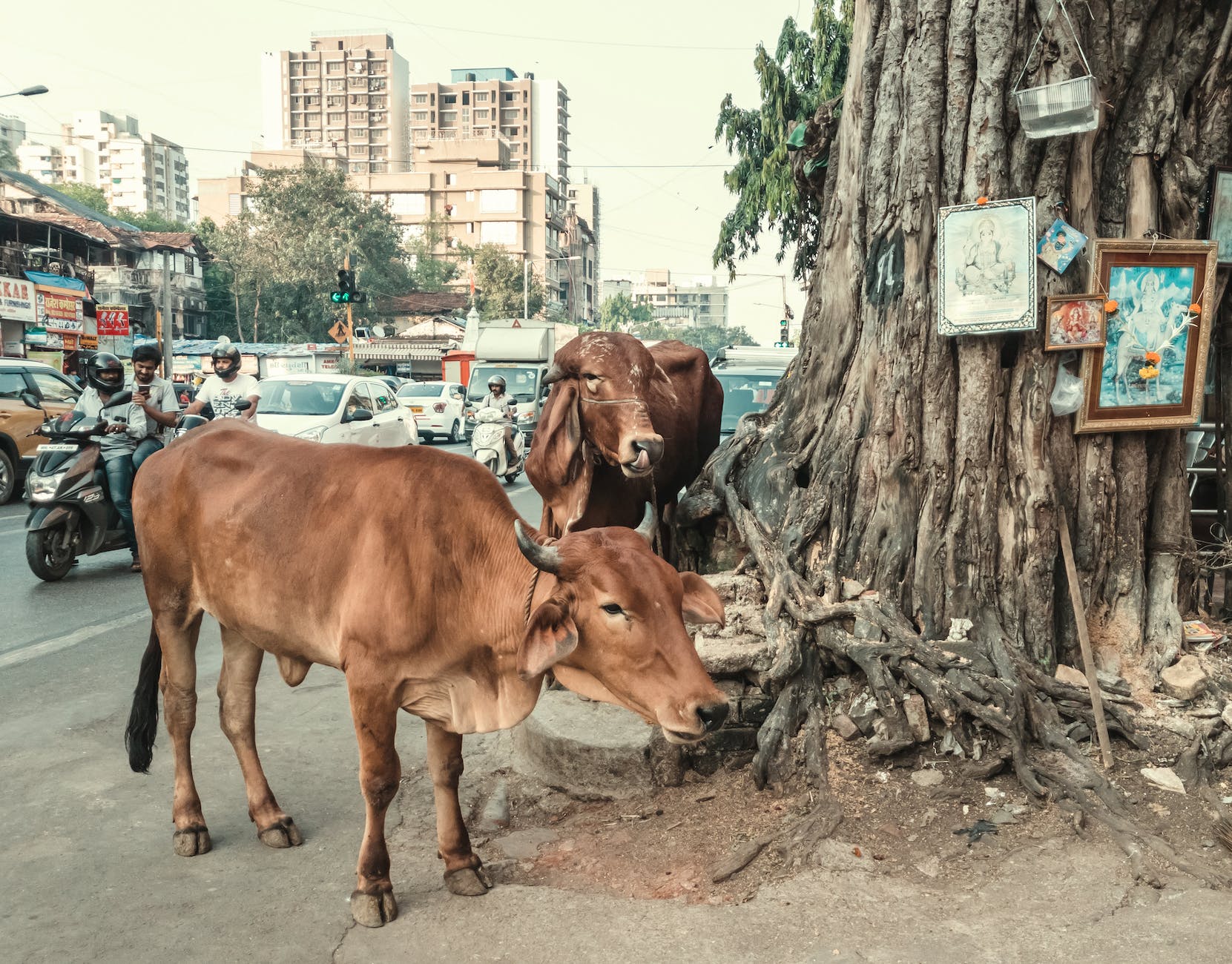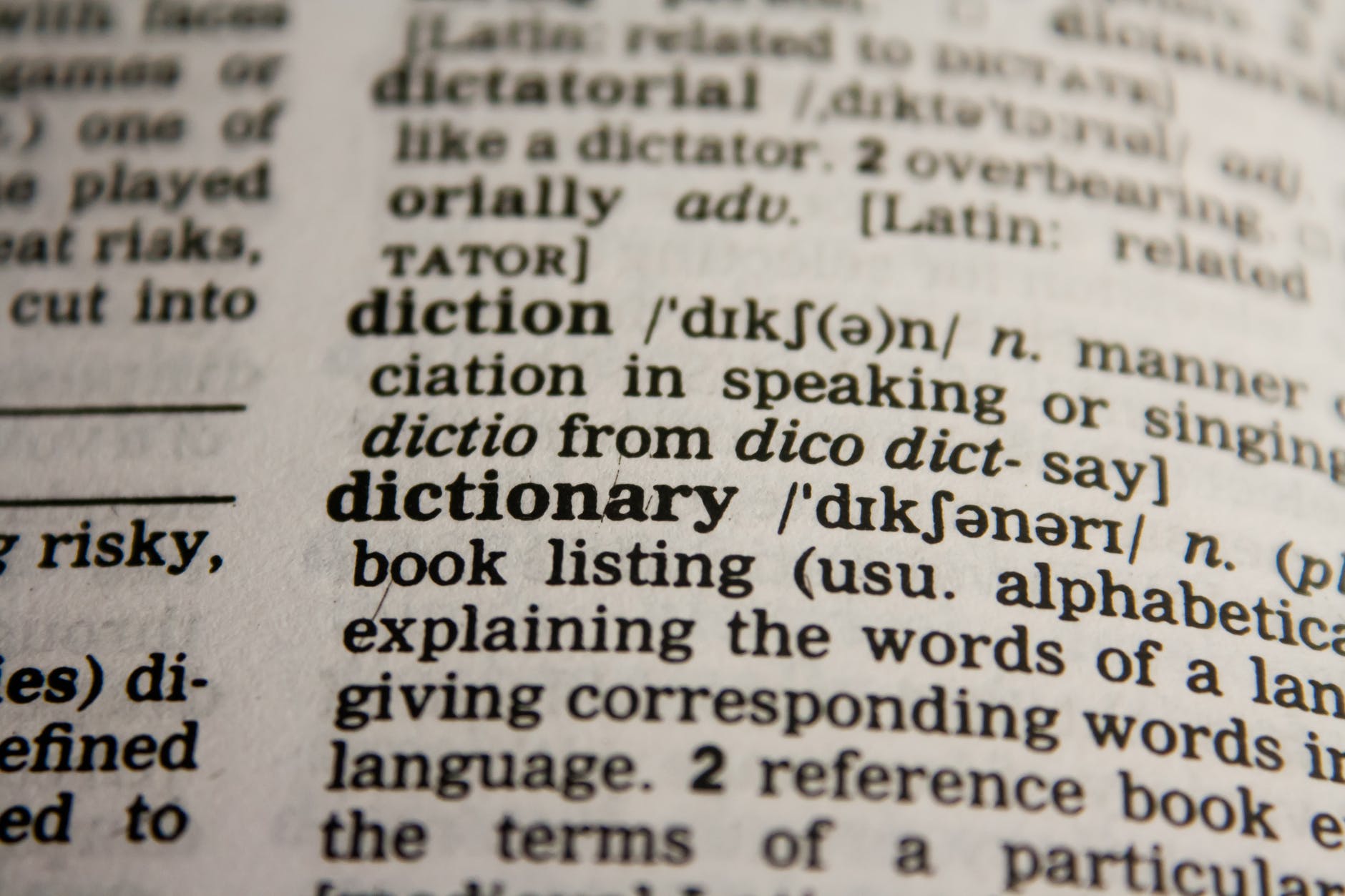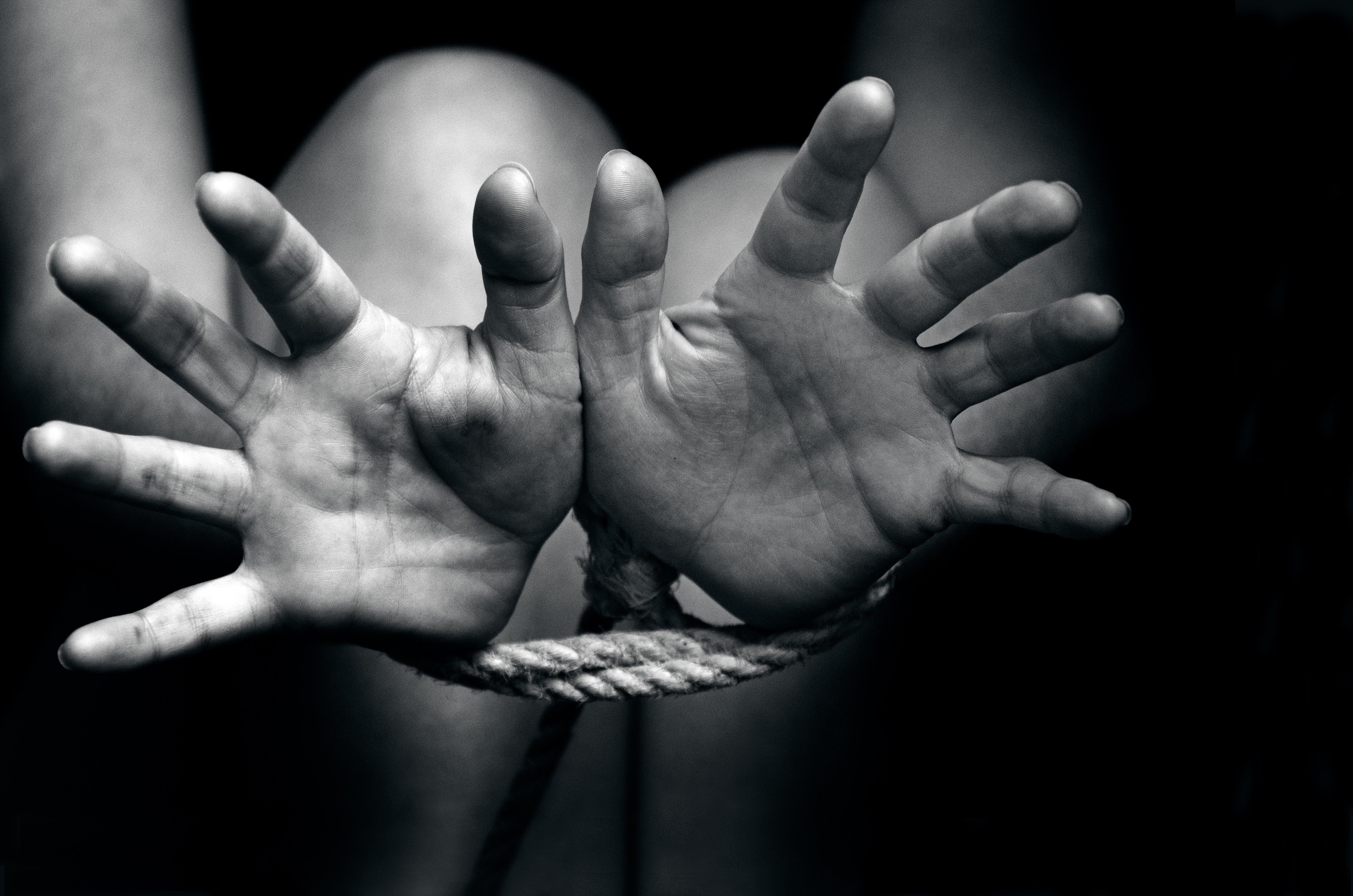Win a Month of training at the Guardian in London
UNFPA, the United Nations Population Fund, and The Guardian are launching the Efua Dorkenoo Pan African Award for Reportage on FGM for journalists reporting on FGM across Africa. The award is intended to increase media awareness and engagement on FGM within community, national and regional media outlets and recognize and encourage outstanding efforts of journalists throughout Africa.
Eligibility
All articles and reports could be either of investigative or human-interest types; produced in Arabic, English or French; and should be printed or broadcast in Africa between 1 January and 31 December 2015. If the article or report was originally published in a local language, please provide a translated version of the article in Arabic, English or French.
To be eligible for the competition, the candidate must be:
- A professional journalist working in or for print press (daily, weekly, monthly), radio or TV in Africa or a freelancer with proof of publication of commissioned material. Contest will be limited to journalists working for Africa-based news outlets
- A national of an African country
Candidates can submit one of the following:
- Print story, not exceeding 2,000 words
- Radio report, from 4 to 15 minutes
- TV report, from 4 to 15 minutes
Entries will be judged based on:
- Compliance with above eligibility, topic and format conditions
- Originality/creativity
- Quality and relevance of data
- Writing/reporting style
- Respect for ethical guidelines
Submissions
TERMS AND CONDITIONS
Submissions are to be judged by a panel of representatives from UNFPA, The Guardian, African media organizations and regional non-governmental organizations.
One finalist will be chosen from each of the three categories, and one overall winner will be chosen from among the three. The three names will be announced on 6 February 2016, International Day of Zero Tolerance for FGM.
The overall winner will receive one month of training at the FGM Multimedia and Investigations Unit at The Guardian in London. All trip and living costs will be covered by the organizers.
Judges’ decisions on all matters are final and no correspondences will be entertained.
UNFPA/The Guardian reserve the right to change any terms and conditions of the contest without prior notice.
- Submit your entry via email at fgmaward@unfpa.org Use “Pan African Award for FGM Reportage” as the subject header.
- Include, in English, the following information: Full name, gender, nationality, date of birth, profession, employer (media outlet), country of work, e-mail address and phone number.
- Provide a web link/print screen/scan/photocopy of the media piece featuring your name as a proof it was published/broadcast in print/online/TV in one of the African media between 1 January and 31 December 2015.
Enter by 4 January 2016 final deadline
For more information, click here.







